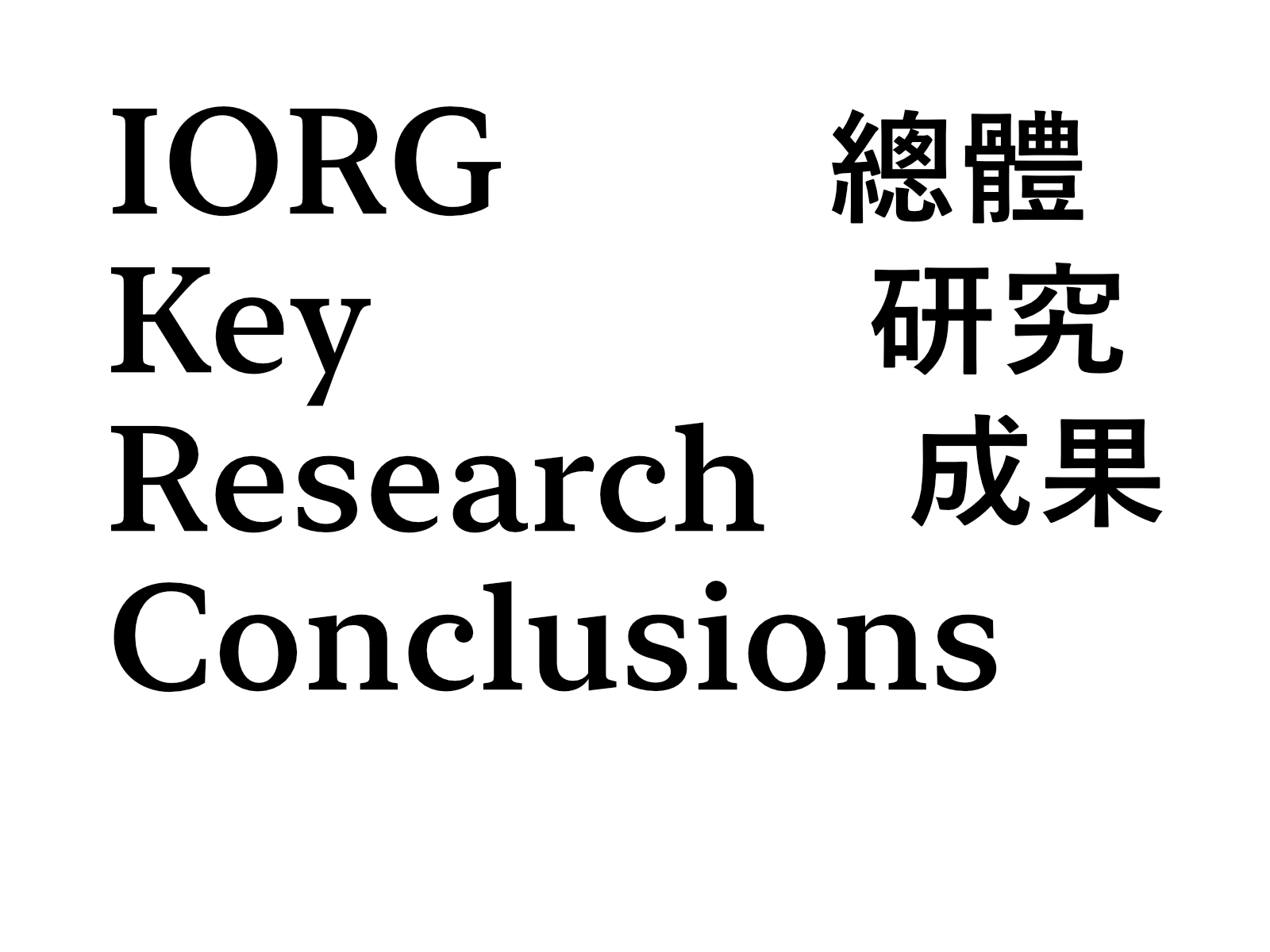Summary
- Compiling foreign research reports, IORG proposes 3 themes of wartime, manipulative narratives in Ukraine amid the on-going Russian-Ukrainian war. 3 Themes: justify invasion, create confusion, and demoralize defense.
- Justify invasion: Russia claims that “Ukrainians and Russians are one people”, while China asserts “Both sides of the Taiwan Strait are one dear family”; whereas Russia blames “NATO provocation”, China reproaches “US using Taiwan as a pawn, provoking China for war and profit”.
- Create confusion: narratives claiming that war is “military exercise”, “staged”, and that news media is “spreading fake information” and “cannot be trusted”. These narratives could compel readers to turn to online chat groups for information, in turn more affected by information manipulation. Similarly, narratives appeared in Taiwan accusing “news media does not report this” or “news media cannot be trusted” regarding the pandemic in 2021.
- Demoralize defense: narratives claiming that “defending leaders have fled”, “defending forces have surrendered”, and “allies have abandoned the defense”. Similar narratives appeared in Taiwan during the pandemic and the US withdrawal from Afghanistan in 2021.
- “On War” author Carl von Clausewitz (1780-1831): “War is a mere continuation of politics by other means.” The invading country could spread various narratives to influence the defending country before a war. These pre-planted narratives could then be material for wartime propaganda.
- Although Taiwan has not yet been invaded militarily, IORG has found narratives echoing those in wartime Ukraine, spreading in our information environment. Examples include: “Both sides of the Taiwan Strait are one dear family” (“兩岸一家親”), “President Tsai (of Taiwan) will flee”, “Taiwan colludes with the US and provokes China”, and “Taiwan has no ally and no country will come to Taiwan’s aid”. In the advent of war, these narratives could emerge in volume, attempting to cause confusion and crumble the people’s will to resist.
- We the Taiwanese people can learn from the Ukrainian people: in the face of an invasion, people’s will to resist is as important as any weapon. Information literacy, built from day-to-day practice, is an important foundation in combating information manipulation and defending democracy.
- IORG to our reader: to understand the current Russian-Ukrainian war, pay attention to the source, content, and inference of any information presented to you. Read from multiple trustworthy sources. Share verified information. Help people around you to do the same.
Narrative theme | Narratives appearing in Ukraine | Narratives appearing or might appear in Taiwan |
|---|---|---|
A. Justify invasion | ||
A.1 Defending country poses threat to invading country |
|
|
A.2 Defending country is historically part of the invading country |
|
|
A.3 Defending country is provoking war |
|
|
A.4 Europe and US are provoking war |
| |
B. Create confusion | ||
B.1 There is no war, only drills |
|
|
B.2 Defending forces have staged operations |
|
|
B.3 Defending and western media outlets cannot be trusted |
|
|
C. Demoralize defense | ||
C.1 Defending leader or symbolic figure have fled or died |
|
|
C.2 Exaggerate defending loss, exaggerate invading advance, control information on invading loss |
|
|
C.3 Defending forces have surrendered or defected |
|
|
C.4 Allies have abandoned defending country |
|
Themes of wartime manipulative narratives in Ukraine and Taiwan. Source: IORG.
Full version of this report is available in Taiwanese Mandarin. Please visit https://iorg.tw/da/22 for more.

